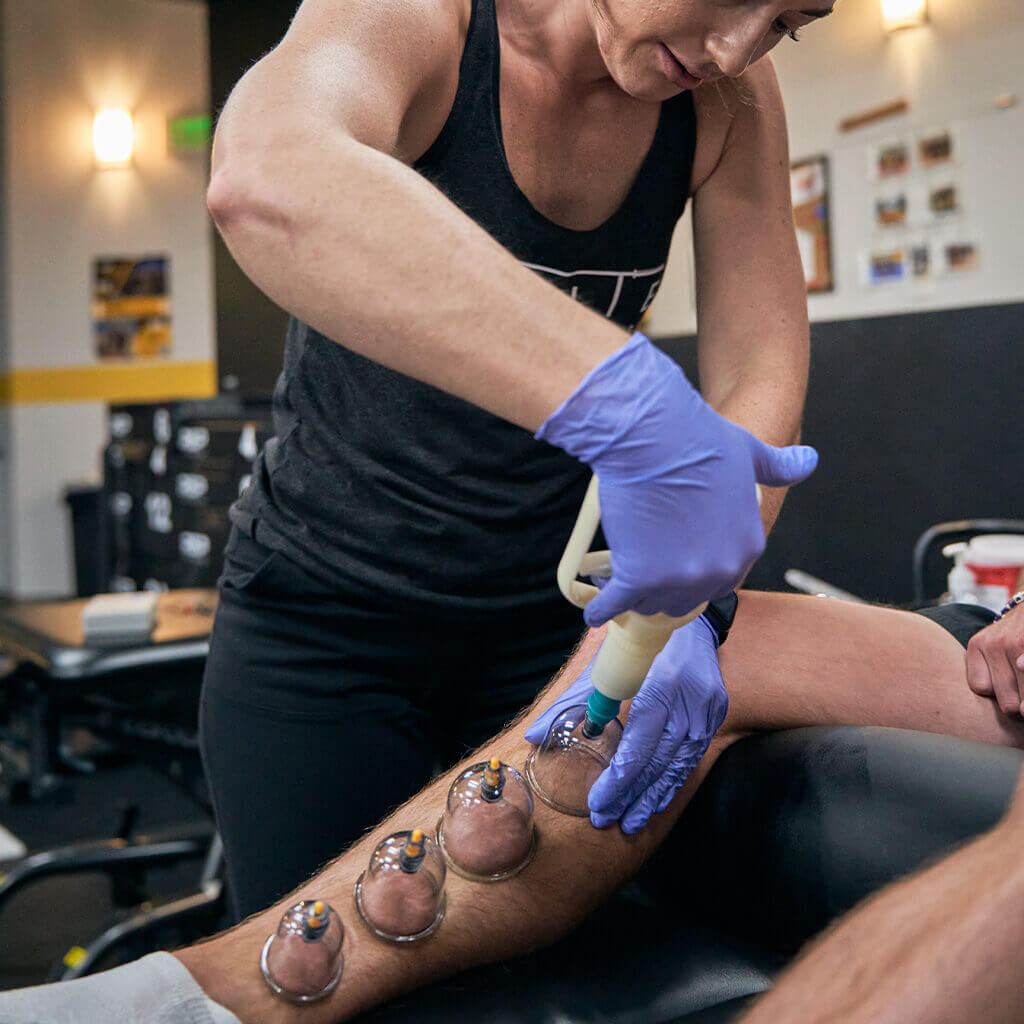
UNITE.rehab.perform
Denver's Best Sports Physical Therapy
Having A Nutritious Diet Can Help You Feel Stronger

Nutrition has a big impact on your athletic health, whether you’re a serious runner, a weekend warrior, or simply wanting to get some exercise. Your body does a lot during the day, and the food you feed it makes it run well, whether you’re working out at the gym or going through your everyday activities.
The more demanding you are on your body, the more attention you’ll have to take on what you are fueling it with. If you are looking to improve your physical performance, a nutritious diet is a great first step.
Creating a more nutritious diet
Just for a moment, consider your body as being a motor vehicle; petrol is the primary source of life for a car, and it cannot survive without it. Cars require oils, fuels, energy, and so on in order to function properly. Your body, like your vehicle, requires a consistent combination of proper nutrients in order to run at optimal capacity. Nutrients are classified into two types: micronutrients and macronutrients.
-
- Micronutrients: Micronutrients are proteins and minerals. Some micronutrient pairings, such as sodium/potassium or calcium/magnesium, aid in the regulation of each other’s behavior. Other micronutrients, such as chromium, copper, and selenium, are only useful to the body in trace quantities. Most athletes will flock straight to B-complex vitamins as they help to increase energy; however, it is important to also fuel yourself with a healthy mix of A, C, E, and K vitamins in order to keep your body functioning the way you want it to.
-
- Macronutrients: Macronutrients consist of carbohydrates, proteins, fats, fiber, and water. The first three of those macronutrients assist your body in creating energy. Carbs are used first, since they are the ones that burn the quickest, and are therefore helpful for short-burst activities or endurance training. Your body uses proteins second. Proteins contain 20 essential amino acids, referred to as the “building blocks of muscle.” They aid in the strengthening of the most essential muscle, the heart. Finally, fats are the last to be seen. They are stored in your body as a backup fuel source. They do, however, perform a variety of essential functions in the body, including inflammation management, hormone production, joint lubrication, and brain health promotion.
Physical therapy can help you get there:
Physical activity can be hampered if the foods you’re eating are not well regulated. For example, skipping carbs before an endurance event can allow the body to burn fat as a replacement for fuel. Your body can also begin to burn protein, depriving your muscles of their natural strength.
In comparison, if you consume an excessive amount of calcium but are deficient in Vitamin D, the calcium would not reach the bones or tissues. A physical trainer will help you appreciate how much of each nutrient you can be consuming and when more or less of a nutrient can be helpful.
A healthy balance of nutrients can help enhance healing, function, and overall comfort. For example, omega-3 fatty acids and Vitamin C both help in reducing inflammation, which promotes faster healing. Certain amino acids can also aid your body in synthesizing proteins. Eating the right amount of carbohydrates at the right times can help give you the energy you need to improve your physical performance.
Schedule a consultation today!
Our trained physical therapists can help assist you in how to properly fuel your body with the nutritious diet you need to train for an event or compete in a physical obstacle.
Call UNITE.rehab.perform today to schedule a consultation and get started on your holistic plan toward peak physical performance!
Sources:
©2020-2025 UNITE.rehab.perform LLC. All rights reserved.
UNITE.rehab.perform does not provide medical advice, diagnosis, or treatment through this website or related content. See additional information.